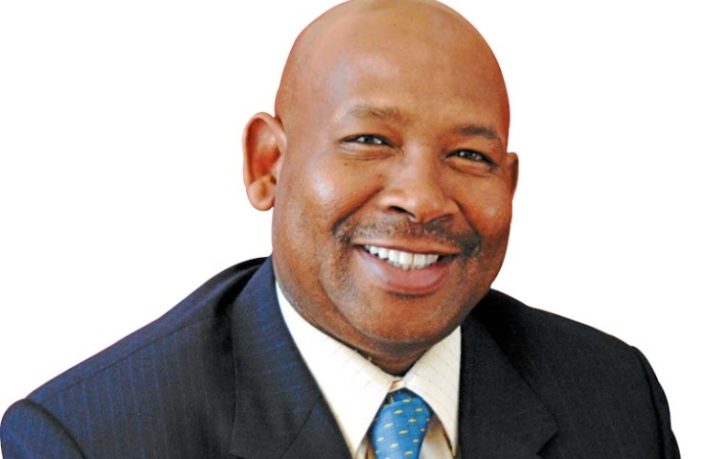- In Eskoms quarterly state of the system briefing, Chair and acting CEO, Jabu Mabusa announced that while no loadshedding is expected over summer, the risk remains as the system is still tight and vulnerable. ‘
- The utilities objective is to avoid load shedding over the next seven months despite changes in usage patterns over the summer months by consumers and Eskoms planned maintenance of 5000MW over the same period.
- Diesel, pumped-storage and demand response options which includes Eskom requesting big industry to switch off when demand peaks, will be used to supplement any shortfall in capacity.
- There will also be heightened focus on sustained transmission and distribution network performance particularly in light of the recent increase in the theft and vandalising of electricity infrastructure.
“Our objective over summer is to avoid loadshedding, to sustain our plant performance, and to continue to maintain our plant in order to avoid unplanned breakdowns. While the risk of loadshedding always exists, we remain confident that we are on course to keeping the lights on for South Africa this summer,” Chief Operating Officer Jan Oberholzer said.
Eskom has not implemented loadshedding since 23 March 2019 partly due to the successful implementation of the 9-point generation recovery plan which saw energy availability increasing from 67.7 in April 2019 to 70.39 at the end of August 2019.
The demand in electricity was lower for most of winter due to warmer weather and the economic climate whilst other emergency resources such as demand response products and interruptible contracts (ILS) also contributed significantly towards morning and evening demand peak shaving.
Generation unit breakdowns were maintained at an average 9 500 MW as planned and three non-commercial units from Medupi and Kusile Power Stations delivered an average production of 1300 MW during commissioning phase.
The Cahora Bassa (Apollo HVDC line 2) was successfully recovered, connecting the full compliment of 1 200 MW of imported energy from Mozambique to the grid. Kriel Unit 2 (475 MW) and Matla Unit 5 (575 MW) that were on long-term outages returned to service adding 1 050 MW to the grid. There was also less usage of the open-cycle gas turbines (OCGT) with the diesel bill sitting at R1.4billion against a budget of R5.4billion.
“Our briefing comes against the backdrop of commendable performance in winter, and we are grateful for the support from the Minister of Public Enterprises and the Ministerial Task Team whose report provided valuable input into the 9-point generation recovery plan. We are encouraged by the steady system recovery and new plant units coming on line to give new power into the South African grid as we saw last week with the commissioning of Medupi’s sixth and last unit,” Acting Group Chief Executive Jabu Mabuza said.
We have made notable strides in addressing coal stock challenges. Prior to the announcement of the winter plan, 10 of 15 coal-fired power stations were below the prescribed 20 coal stock days as per the Grid Code requirement. Today, coal stock levels have improved to 49,5 days, excluding Medupi and Kusile. Only one power station (Kriel) remains below the Grid Code requirement. No coal related risks are expected throughout the summer months.
“I would like to assure our stakeholders that Eskom remains committed to stabilising our business and to moving towards a sustainable future. Eskom is committed to recovering its operational performance and the generation 9-point recovery plan is on track and will continue to yield positive results,” Mabuza said.
Author: Bryan Groenendaal















